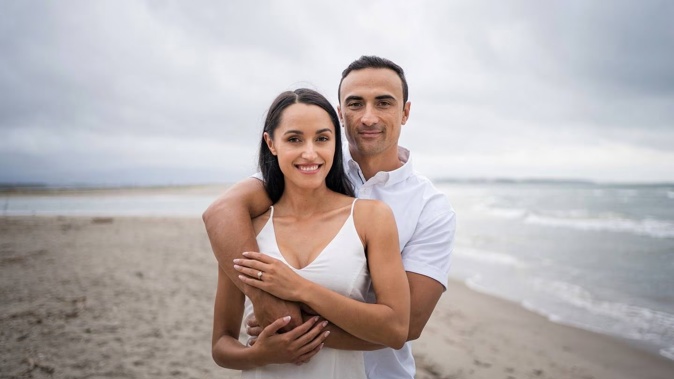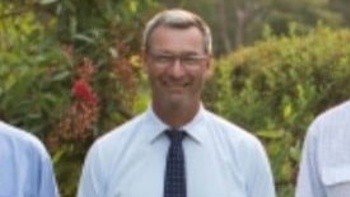
Trail-blazing Rotorua mayor Tania Tapsell is set to make history again - this time by being the first known New Zealand mayor to give birth while holding office.
Tapsell last year became the first Māori woman elected to the role.
She made history nine years earlier when she was first elected to the council in 2013 at age 21. At that time, she was the youngest elected councillor in New Zealand.
In June, she is set to become what is believed to be the first mayor to give birth while in office.
Tapsell announced today that she and her husband, Kanin Clancy, are expecting a baby girl in June.
“As well as delivering for Rotorua as mayor, in three months from now I’ll be delivering something very special for my husband and I - a baby girl,” Tapsell said.
“I feel like I’ve been blessed twice to be taking up the roles of both mayor and mother.
“We’re so excited to be expanding our family and are grateful for the support of my council team. Rotorua has given me so much, and I can’t wait to raise our child in this great place we call home.”
Tapsell plans to take a one-month break after the birth.
“Then my supportive husband Kanin will take over from there to allow me to resume my important duties as mayor,” she said.
- Rotorua sees a rebound in visitors as people fly and buy in the district
- Local bodies want more say on where public money is spent in their areas
/cloudfront-ap-southeast-2.images.arcpublishing.com/nzme/L2KQPAPVBBGDVC36OV3XYH4HJM.jpg) Rotorua mayor Tania Tapsell and husband Kanin Clancy. Photo / Supplied
Rotorua mayor Tania Tapsell and husband Kanin Clancy. Photo / Supplied
Deputy mayor Sandra Kai Fong would be acting mayor during Tapsell’s maternity leave.
“Our new council has made great progress for our district already, and I look forward to continuing to build on the positive momentum while enjoying my new role as a mum,” Tapsell said in a statement provided to the Rotorua Daily Post.
Tapsell said it was humbling to have made history in her career.
“It’s incredibly humbling to look back on the support I’ve received since I walked through these doors as a 21-year-old councillor. I’m only here because the people of Rotorua have backed me and that’s why I’m so focused on working hard to deliver for Rotorua. I’m really proud that our community and our country have supported diversity in leadership.”
Tapsell’s story aligns with that of former Prime Minister Jacinda Ardern, who gave birth to her daughter Neve in 2018 while holding office.
“I acknowledge that I join a team of many mums who have balanced the demands of work and motherhood, I look forward to taking on all of their hot tips and advice too,” Tapsell said in response.
Clancy said he looked forward to being a stay-at-home dad and helping Tapsell return to her mayoral duties.
“She’s such an incredible woman and I’ve always admired her dedication to her many roles and responsibilities. I know she’ll also be an awesome mother.”
Kai Fong congratulated Tapsell and Clancy on their impending arrival.
“I know Tania will be a fantastic mum and I’ll be there to fully support her so she can enjoy some precious time with her new baby before returning to the demanding job of being the mayor.”
Local Government New Zealand confirmed Tapsell would be the first known mayor in New Zealand to give birth while holding office.
LGNZ chief executive Susan Freeman-Greene said the organisation had guidance on parental leave and childcare allowances and encouraged councils to provide for this allowance in their policies.
She said elected members were not entitled to statutory parental leave as they were not subject to the Parental Leave and Employment Protection Act. It is up to individual councils to set policies and the Remuneration Authority provides discretion for local authorities to make childcare allowances.
“It’s time we took a good hard look at the policies and settings that our elected members have to operate in and LGNZ has a key role to help create the right environment that encourages a more inclusive and supportive local government,” she said.
“Caring for children and whānau is one of the major hurdles that stop people running for council - especially women.
“If we are to ensure that our council tables reflect the communities they represent, we need to make it easier for people to take on these roles.”
Freeman-Greene said there had been an increase in elected members under 45 and proportion of women among elected members.
“On top of this, we now have 27 wāhine leading our cities, districts and regions. It’s time we modernise those tired ways of operating that we’ve inherited.”
Take your Radio, Podcasts and Music with you









